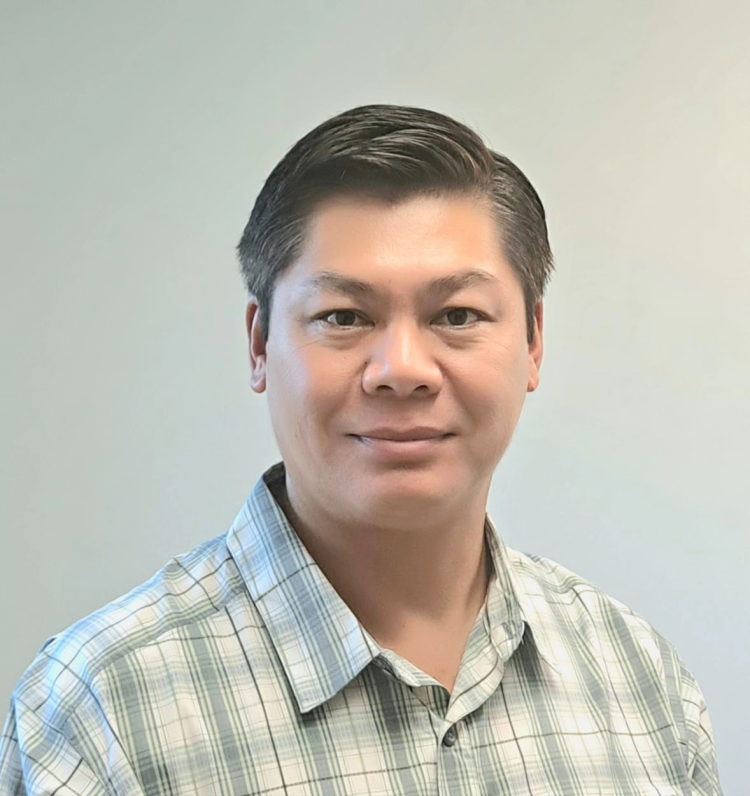What makes math feel exciting rather than intimidating? For Dr. David Hung, it's all about bringing math to life by guiding students toward developing a love for math and nurturing a culture where the ease of math becomes inherent in one's everyday life.

Dr. David Hung is an experienced educator and math enthusiast who brings an engaging teaching strategy to Laurentian's Education Program. His students not only learn mathematics but also how to make math interesting in their future classrooms. In both his research and his approach to teaching, Dr. Hung focuses on using "student talk" to engage students.
Math problems with relatable examples enhance student engagement and understanding, particularly among grade 7 and 8 students.
"Math isn't just about getting the right answer," he explains. "It's about the process leading to the answer. If students are able to relate to the material and discuss and build understanding through discussion, justification, and explanation of their reasoning, they gain deeper insights and a stronger grasp of the subject."
His passion for teaching stems from an early realization of his calling to education. Dr. Hung's career started in computer science and engineering. Early in his career, he worked for IBM Canada and then with the Ministry of Education in the French-language department as an IT coordinator.
"Someone said to me, Why don't you become a teacher?' And I said, okay,'" he recalls. With prior tutoring experience and confidence in his abilities, he returned to school to further his education, completing his bachelor's and master's of education and finally his PhD at the University of Toronto's Ontario Institute for Studies in Education.
Over the years, Dr. Hung has taught students across primary to senior grades in Ontario public schools and internationally, in both English and French. His career has spanned roles as a classroom teacher, international school principal, and university lecturer. Now at Laurentian, he empowers future educators to embrace math with confidence and creativity, modeling the practices he advocates.
By bridging his rich teaching experience with his research, Dr. Hung exemplifies how educators can make math feel not just approachable, but truly exciting for learners of all ages. "I want my students to succeed not just in passing exams but in becoming educators who inspire confidence and curiosity in their own students. Respect and trust in the classroom start with strong content knowledge and clear communication, a wide repertoire of instructional strategies, and effective classroom management."
His approach is rooted in socio-constructivism coupled with vertical learning. He emphasizes group work with randomized groups of students, active participation, and the integration of real-life applications. Through engaging activities like exploring cell phone plans and choosing the optimal plan to explain the concept of rate and ratios, or designing the layout for their perfect classroom to teach geometry, students not only master math concepts but also develop confidence while applying their knowledge to solve real-life problems.
"In my view, the greatest benefit to this approach is that students are placed in an environment where they feel confident to share their ideas and support one another with achieving a common goal. The best education is one where the educator fosters learning without imposing rigid boundaries, allowing curiosity and critical thinking to guide the process."
He encourages aspiring educators to prioritize their math skills, recognizing that many will need to teach math in Ontario classrooms, even if it isn't their primary focus.
Currently teaching courses in the English Concurrent Education program, Dr. Hung looks forward to expanding his course offerings within Laurentian's bilingual education program.
"Many educators feel unprepared to teach math because they lack foundational skills," he notes. "My goal is to inspire students to love math and to ensure that every student is supported and well prepared to become great math educators, who in turn, can instill that love for math to their students."













